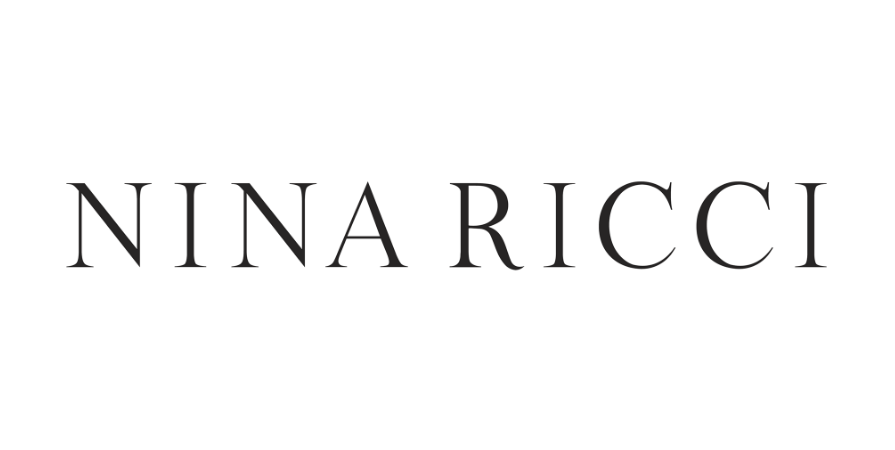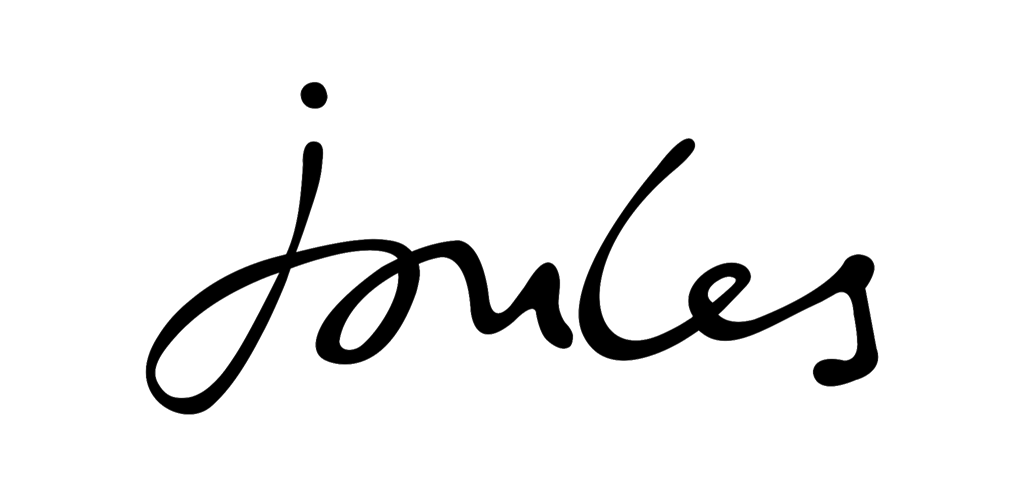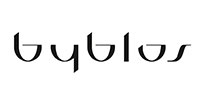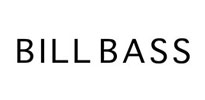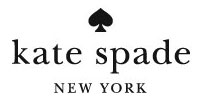Is it Worth Investing in Blue Light Lenses?

You’re probably aware that spending a lot of time looking at screens can lead to eye strain and fatigue. You might have also heard reports that electronic screens produce a lot of ‘blue light’ that can harm your eyes.
There has certainly been an increase in marketing of blue light lenses or filters for glasses. But are they necessary? Let’s look at what blue light is, what it does and when a filter might be needed.
What is blue light?
Blue light is a short-wave high-energy light that forms part of the visible light spectrum. The main source of blue light is natural sunlight. It’s blue light that makes the sky appear blue on a nice clear day.
What are the potential issues with blue light?
Blue light differs from UV light in that it penetrates the eye right through to the retina, and eyes are poor at blocking it out.
Experts agree that electronic screens and fluorescent and LED lights produce significant levels of blue light, but these amounts are small compared to natural daylight.
The amount of blue light you are exposed to is probably not enough to damage your eyes, but research into this is in the very early stages. And given how much time we all spend looking at screens or under lights in the evenings, it’s a good idea to be mindful of your exposure.
Blue light exposure in the evening can also prevent you from sleeping soundly. Research shows it suppresses melatonin, interferes with circadian rhythms (your ‘body clock’), and reduces restorative sleep. This is why it’s often recommended that you stop looking at screens at least half an hour before bed – preferably more.
According to Sean Cain, Associate Professor at Monash University, artificial blue light can trick your brain into thinking it’s still daytime, which can make falling asleep difficult. However, some people are more sensitive to this effect than others.
Should we reduce all our exposure to blue light?
Definitely not. During the day, blue light from natural daylight lets your body know that it’s daytime. It helps keeps you alert and can boost your mood and concentration. The main issue here is how much exposure you get when the sun is down.
So should you get a blue light filter for your glasses?
Even though the blue light from screens is not proven to be doing significant damage, it does often add to glare symptoms and eye strain, in the same way that fluorescent lights are more glare-inducing than natural sunlight. If you use screens a lot and find yourself suffering from eye strain, migraines from lights or poor sleep, or if you have a family history of retinal diseases, then a filter or blue light lenses may be beneficial and much more comfortable for your eyes.
There are also other ways to reduce eye strain from screens and potentially improve your sleep.
If you are having trouble sleeping or suffering from eye strain, and you suspect blue light exposure could be a factor, speak to your optometrist about whether blue light lenses could help you.
Share on
